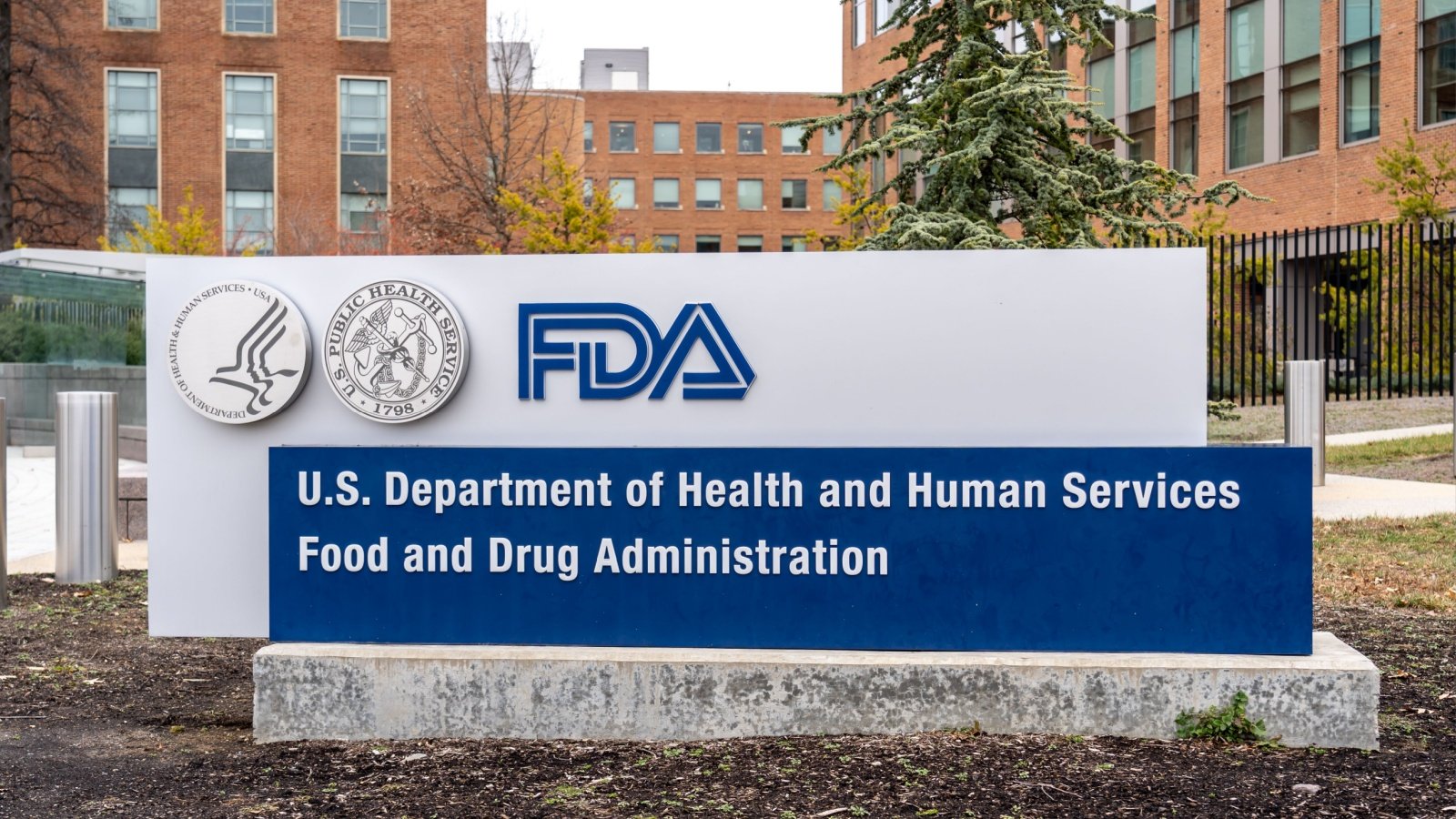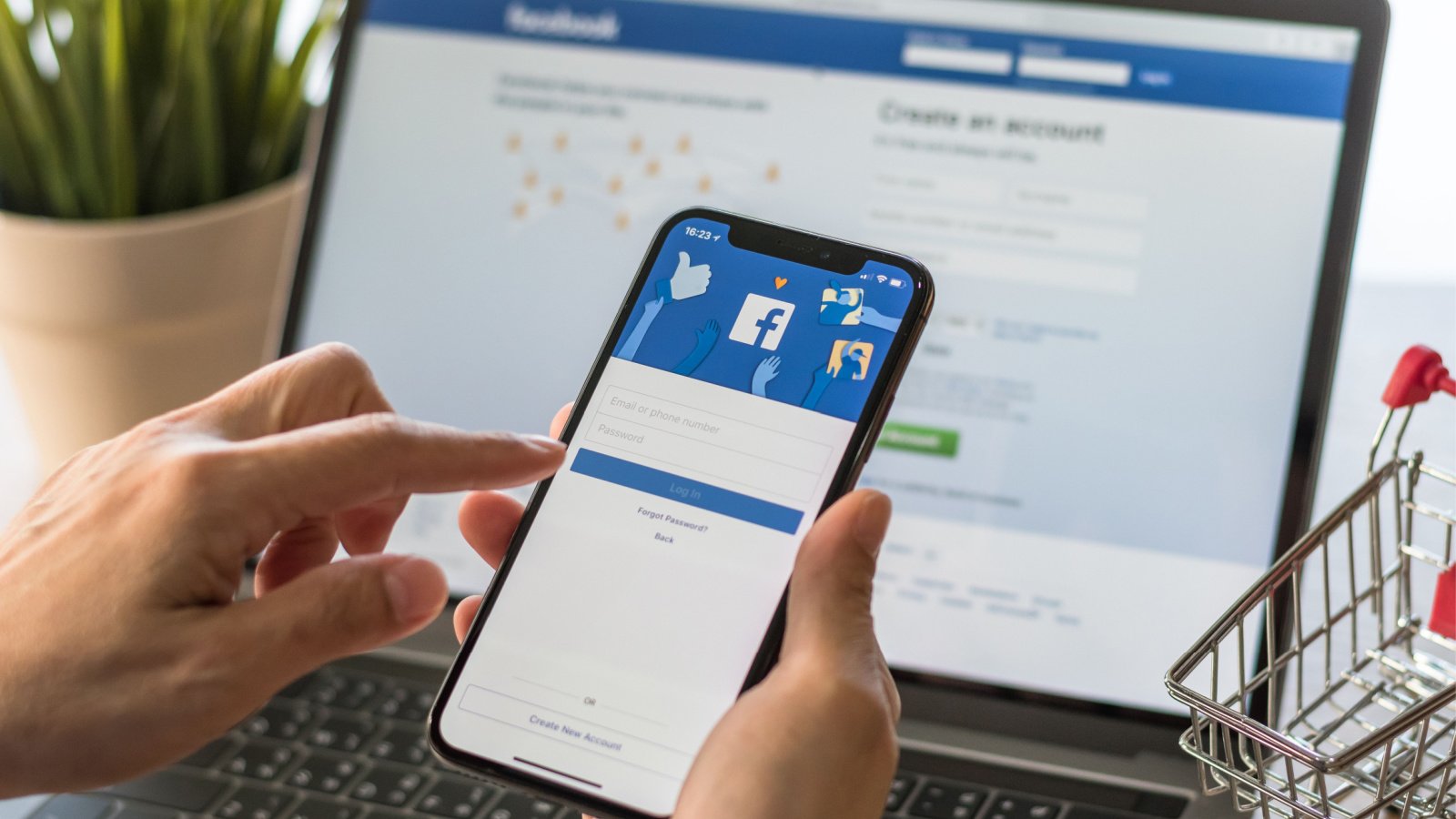David Soliman has cracked the code to affordable Ozempic, offering a cost-effective solution amid a national shortage. As Americans hunt for this weight loss drug, Soliman’s strategy cuts through the red tape, providing generics at a fraction of the price.
Financial Advisor’s Cost-Saving Strategy

A financial advisor has discovered a method to obtain Ozempic at a fraction of the cost, thanks to pharmacies that produce and deliver generic versions directly to your door. This innovative approach comes as Americans scramble to find this elusive weight loss drug, which is typically prescribed and covered by insurance only for diabetics.
David Soliman’s Weight Loss and Business Success

David Soliman, 43, leveraged his weight loss journey, losing 70 pounds, to form a thriving business. He sources generic versions of the drug from firms that make the GLP-1 injections in-house with similar formulas, bypassing expensive brand-name versions.
Legal and Cost-Effective Solution

This process is entirely legal but costly and not covered by insurance. However, it allows Soliman to sell generic versions for a quarter of the price of the brand-name drug.
Building a Booming Business

By purchasing the rare injections in bulk, Soliman has established a successful business. He advises consumers to opt for generic versions instead of brand names to save money amid the GLP-1 drug frenzy.
Disrupting the Market

As a financial advisor, Soliman constantly researches market disruptions. He was intrigued by the potential to flip an entire medical specialty on its head through this strategy.
Tapping into Telehealth Firms

Soliman explains how he tapped into this market after learning from a local mom about telehealth firms using compounding pharmacies to create generic versions of drugs like Wegovy, Zepbound, Mounjaro, and Ozempic. This creative workaround significantly reduces the cost of GLP-1 receptor agonists amid a national shortage.
Navigating Patent Laws

Compounding pharmacies typically can’t make copies of commercially available drugs, but a loophole during shortages allows them to add a harmless vitamin like B12. This enables the production of affordable generic versions tailored to patients’ needs
Selling Affordable Alternatives

This cost-cutting method lets Soliman sell GLP-1 receptor agonists for $240 to $390 via Facebook, while those getting prescriptions can pay up to $1,000 a month without insurance. Although most insurance plans cover Ozempic, it’s only when prescribed for Type 2 diabetes treatment.
Viable Strategy for Consumers

Soliman’s strategy offers a lifeline for those frustrated by the high costs of prescribed Ozempic, especially as the shortage persists. Thousands have turned to his method, highlighting its growing popularity.
Potential Risks of Compounded Formulations

However, experts urge caution with compounded formulations, which are not FDA-approved and are prone to human error. The FDA has warned against fraudulent weight loss injections deviating from established formulas.
Expert Opinions on Safety

Dr. Taniya De Silva from LSU Health New Orleans acknowledges compounded drugs can be viable if they match the manufacturer’s molecular formula. She advises patients to ensure their providers are knowledgeable about the risks and benefits.
Soliman’s Growing Community

Soliman’s Facebook group, with over 800 members, reflects his adherence to safety guidelines, supported by his financial expertise and physician collaborations. His success is partly due to the viral nature of weight loss results.
Appeal of Legitimate Businesses

Legitimate, doctor-backed businesses like Soliman’s stand out in a market rife with dubious providers. People are drawn to the credibility and transparency he offers.
How Ozempic Works

Ozempic mimics GLP-1, a hormone that curbs hunger and stimulates insulin release to regulate blood sugar. Effective weight loss requires combining the drug with a reduced-calorie diet and regular exercise.
Side Effects and Long-Term Use

Common side effects include nausea, vomiting, diarrhea, and constipation. Critics argue the need for lifelong injections, as stopping the drug often leads to weight regain.
Role of Compounding Pharmacists

Compounding pharmacists cater to specific patient needs unmet by brand drugs, such as creating liquid forms for infants. This personalized approach is crucial for certain medical requirements.








